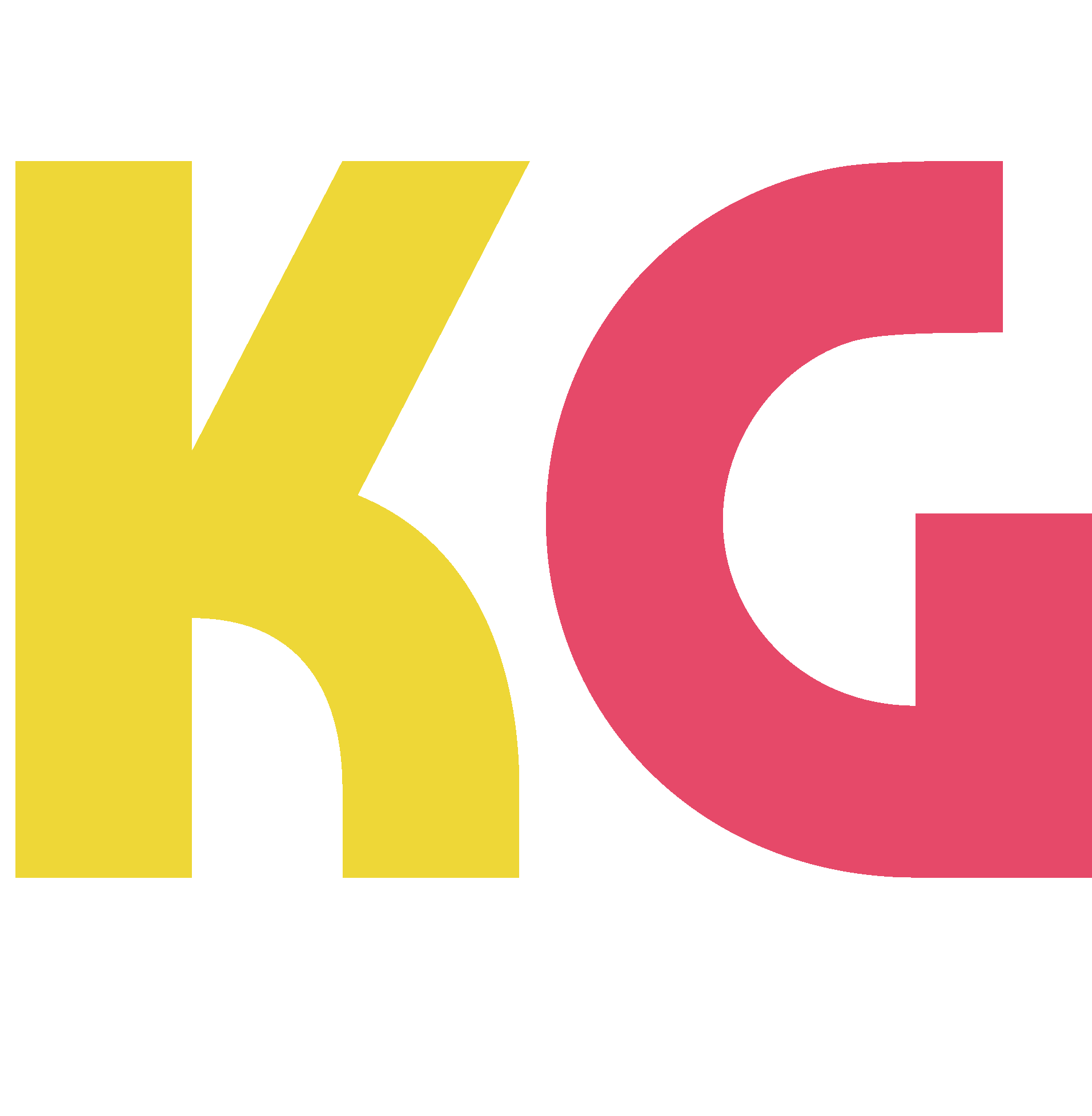Best practices - naming convention for WordPress custom fields
You do not know how to name your custom fields? Are you noticing weird issues with your data? The solution might be easier than you think.

Do you want to learn how to name your WordPress Custom fields properly? What are the risks of not namespacing key names? And why should you care?
Recently I wrote tutorial about filtering WordPress admin views. In the code I named custom fields key like kg_order_items. You could ask why? Why not to name it just items? Well… read below!
If you try to google for naming custom fields there is not so much information about it. Even the Codex entry tells nothing about naming the field keys properly. I found only one resource at ACF forums which contains proper information.
If there is no problem, what is the fuss about? You could ask.

The days when WordPress was a CMS supporting small blog websites with only posts and pages are gone. Today even the smallest website uses plethora of plugins and complex themes. And all of them bring new custom fields into the game.
The situation gets even worse if you use any of the fancy “premium” themes. Unfortunately many of these are not well written and combine 1001 functions in one. Final result? Slow, not performant, tangled site which looks nice only on demo content and stock images. And they add a lot of custom fields too.
Danger!

WordPress wp_postmeta table is very simple. It is a key=>value pair attached to particular post_id. It means that all custom fields keys share common namespace. That is especially true for particular ID of the post.
First example
a) Imagine that your post have a “learn more” link. After you click the link it redirects you to a particular URL. The address is provided in a custom field. Let’s name the field key as redirect_to.
b) Now imagine that you install a plugin called for example “Redirect me Honey”. The plugin is very, very simple. When user enters the page it immediately redirects the users based on custom field setting attached to a post. Oh… and its field key is named redirect_to as well..
Result? After you activate the plugin all of your posts with “learn more” button are redirecting users out of your website. And the reason why is not obvious at the first sight. It may even be unnoticed for quite a while.
This scenario is of course made up but the dangers are real. With thousands of plugins and thousands of themes available it's just a matter of time to encounter such name collision.
Second example
WordPress can store multiple values for the same key name and post ID. (Unless you provide special parameter called $unique).
It means that if you save your data 5 times under the key location you will receive an array consisting of 5 elements when calling get_post_meta().
Let’s assume that you have a post about the cities you have visited. You have been to 5 cities and those locations are shown on the embedded map in the post. Simple, right?
Attention! Not useful code ahead ;) !
add_post_meta($post_id, 'location', '40.7127753, 73.989308'); //NY
add_post_meta($post_id, 'location', '34.0522342, -118.2436849'); //LA
add_post_meta($post_id, 'location', '48.856614, 2.3522219000000177'); //Paris
add_post_meta($post_id, 'location', '48.2081743,16.37381890000006'); //Vienna
add_post_meta($post_id, 'location', '41.90278349999999,12.496365500000024'); //Rome
var_dump(get_post_meta($post_id, 'location');
array (size=5)
0 => string '40.7127753, 73.989308' (length=21)
1 => string '34.0522342, -118.2436849' (length=24)
2 => string '48.856614, 2.3522219000000177' (length=29)
3 => string '48.2081743,16.37381890000006' (length=28)
4 => string '41.90278349999999,12.496365500000024' (length=36)
What if after a while you use a theme or plugin which can set the position of a post on a front page. You can pick between slider, sidebar or featured posts etc. This scenario may end up like this:
array (size=6)
0 => string '40.7127753, 73.989308' (length=21)
1 => string '34.0522342, -118.2436849' (length=24)
2 => string '48.856614, 2.3522219000000177' (length=29)
3 => string '48.2081743,16.37381890000006' (length=28)
4 => string '41.90278349999999,12.496365500000024' (length=36)
5 => string 'left_sidebar' (length=12) // Yeah, right...
Or worse
array (size=5)
0 => string 'left_sidebar' (length=12)
1 => string 'left_sidebar' (length=12)
2 => string 'left_sidebar' (length=12)
3 => string 'left_sidebar' (length=12)
4 => string 'left_sidebar' (length=12)
Your pretty little map is broken now! And you lost all of your entered data. Not funny right?

B-b-b-b-broken?
Solution
You can never protect your custom fields data from being overwritten or deleted. This is how WordPress works and why it is so flexible. You can reduce that risk though.
How?
By avoiding common names and namespacing all your custom fields keys.
My proposed convention is:
- cpt-name_field-name
e.g. “books_author” instead of “author”, “order_items” instead of “items” (solution for most lazy ones :) ). - purpose_field-name
e.g. “front_page_location” instead of “location”, “visited_cities_locations” instead of “location”. - prefix_(cpt-name/purpose)_field-name
e.g. “kg_map_location”, “kg_visited_cities_locations” (for the most strict ones).
That is not all. Additionally you should always take care of optional parameters of built-in WordPress functions:
- add_post_meta() has $unique to not add the custom field if it already exists.
- get_post_meta() uses $single to retrieve only one record (if you expect only one record).
- update_post_meta() and delete_post_meta() leverage $previous_value to ensure that you update/delete the key you want.
Those parameters are helping in writing better, cleaner and more predictable code.
And that is not all. Use well tested, well written and extendable plugins like Pods Framework or Advanced Custom Fields to manage your custom fields. They are great when it comes to managing the tangled world of your custom data.
Summary
In the ideal world you should always be aware of what you are adding into the system. You should know what your plugins, themes and custom functions are doing. That is unfortunately not always possible.
Therefore we should pay attention to the code we produce and tighten up all those loose ends.
That is all folks! I hope you liked it and have a great day!
